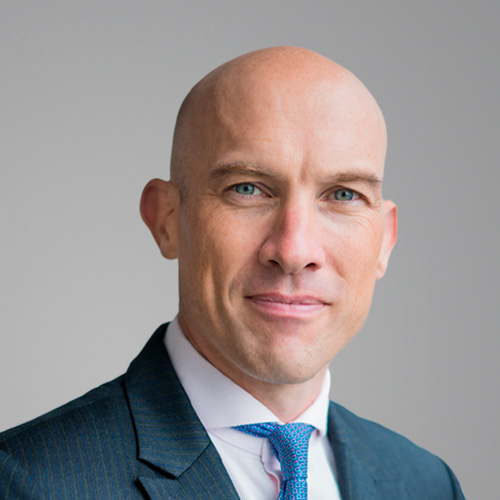PWM (08.04.2021) – Union Bancaire Privée’s Michael Blake discusses the importance of an integrated investment banking and wealth management model for servicing wealthy families
The investment advisory needs of the modern family office reflect families’ diverse objectives as they preserve and grow wealth across generations; from private equity to business financing, from consolidated performance reporting to family governance and, of course, planning for a smooth succession.
While the idea of an integrated investment banking and wealth management model that can meet all of these needs in a ‘one stop shop’ is alluring, many financial services firms fall short of delivering the exacting standards demanded by family offices across all investment domains and all geographies.
Chief among these challenges is that wealth management and investment banking are fundamentally different in structure and rarely turn out to be a marriage made in heaven. Services are provided by different teams which often operate according to different cultures, incentive structures and leadership.
In addition, big and integrated is no longer necessarily beautiful. The global financial crisis showed how a liquidity crunch in one part of an integrated bank can quickly spread to another. Prudential regulation has evolved in response, but the pages of the FT provide more recent reminders that integrated investment banking business models carry contagion risk.
On the other hand, pure players offer an alternative way for family offices to access the very best in advice and expertise, anchored by three principles.
The first is open architecture. Pure play advisers combine in-house investment expertise with full access to investment solutions from leading external providers. A rigorous and impartial selection process provides family offices with best-in-class product options and valuable insights into the full range of investment solutions available.
The second is specialisation. Focusing exclusively on wealth and asset management for private and institutional clients, as UBP does, is an added value for families and their family offices because it favours the development of deep expertise in relevant topics – such as tailored portfolio construction, alternatives and asset structuring – to complement the investment expertise family offices have developed in-house.
Thirdly, combining long-term thinking with fast execution is key. Family Offices plan across multiple generations and yet rightly expect institutional speed of execution. The flat hierarchy of many pure-play firms enables quick decision-taking, and the family-ownership or partner-led model encourages development of long-term relationships.
Family offices have unique needs and, in my experience, choose their advisers based on specialist expertise rather than convenience.
The job of a family office adviser is to understand those needs and advise accordingly. It is not to cross sell.
Financial firms of all shapes and sizes support family offices, but a pure play provides the stable foundations necessary to play an effective long-term advisory role for families and their family office leadership teams.









